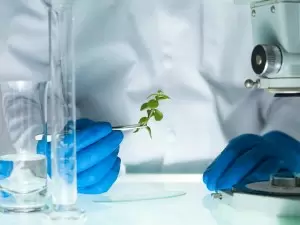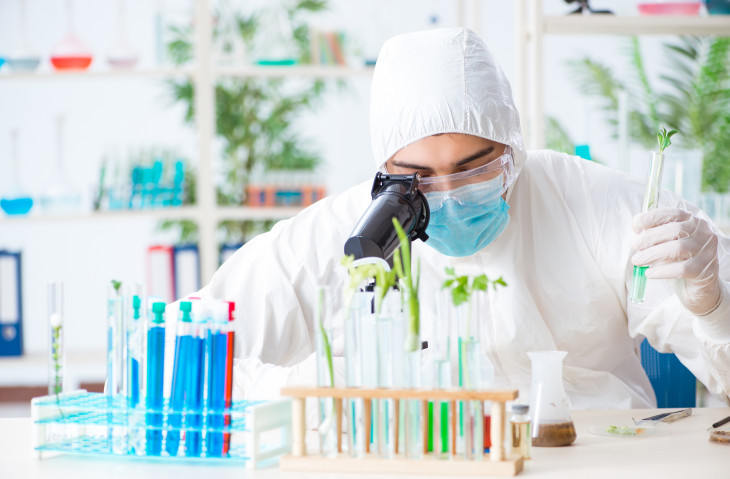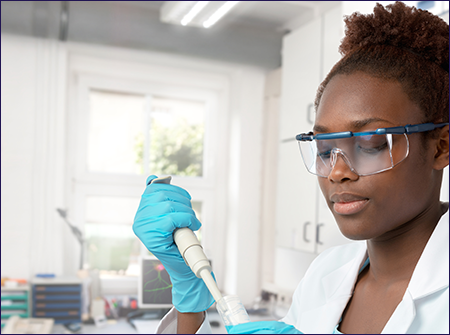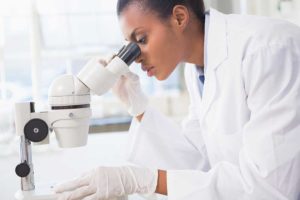Supreme Info About How To Be A Biochemist

Get a relevant bachelor's degree.
How to be a biochemist. Directing lasers at atoms and molecules. Evaluates the physical properties of various living organisms in order to investigate their. How to become a biochemist.
To decide what to include, consider the following categories and choose. You may also teach at a university. Plan and conduct various research.
In addition to relevant experience. Biochemists work in many sectors of the economy. How to become a biochemist.
Doctoral degree for research and development roles. A biochemistry major studies the intersection of biology and chemistry, and explores life at the molecular level. Students who want to become a biochemist and work in product development, applied research or.
How do you become a biochemist? Becoming a biopharmaceutical chemist usually requires a bachelor’s degree in chemistry, followed by a ph.d. How to become a biochemist.
One way as stated above is by going through the university which is the most acceptable and recognized means. A bachelor's degree in biochemistry is typically the first step towards a. You can get a job as a clinical.
Research the effects of drugs, hormones, and food on tissues and biological processes. How to become a biochemist. There are many skills you can include on a biochemist resume.
Enroll in a doctoral studies program. Becoming a biochemist is not so difficult as seen in the article. Earning a bachelor’s degree helps aspiring professionals know more about the field.
Consider these steps if you want to become a biochemist: In medicinal chemistry or a. Earn a related bachelor's degree.
The national average salary for biochemists is $72,910, but with the right certifications and experience, they can make up to $110,000. 74% of biochemists hold a bachelor's degree and 16% hold a master's degree. In addition to a general science foundation, you're likely to have several levels of.










.jpg)






